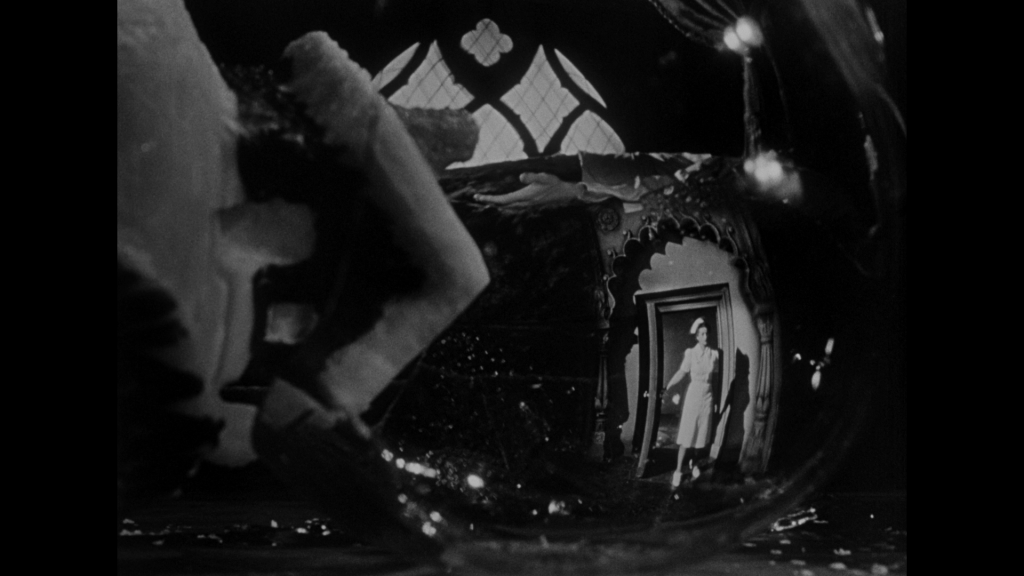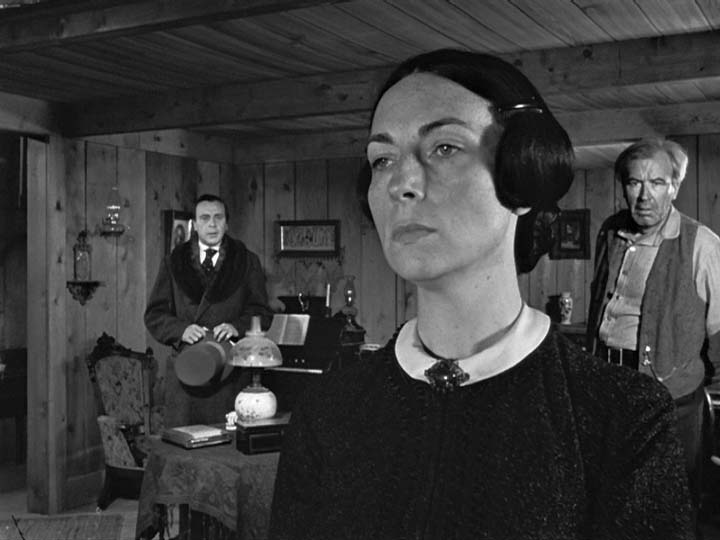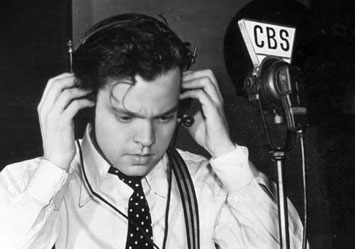
February 19, 2018 – In the American Film Institute’s list of the top 100 movies of all time, 1941’s Citizen Kane is number one on their list. Many critics, filmmakers, and fans consider it to be their favorite movie, or one of their favorites. I’m not sure why others like the film so much, but here are five reasons why I do…

The film opens with the death of Charles Foster Kane, a mega-wealthy newspaper magnate, whose dying word is “rosebud.” What does “rosebud” mean? We see a newsreel about Kane’s life. Then a reporter is assigned to solve the mystery of “rosebud.” And away we go. The movie is like a whodunit detective story. Except instead of a detective, it’s a reporter, and instead of a who-done-it, it’s a what-did-it-mean (“rosebud”). Brilliant.
I had to write a paper about Citizen Kane in college. If you study the film, you discover that it really has no superfluous scenes or dialogue. It’s as if the writers and director were constantly scrutinizing and asking, “Does this serve the film’s ending?” And if something didn’t, it wasn’t included. Citizen Kane may be one of the leanest movies in cinema history.


Normally with film, either the foreground or the background is in focus. Not both. With Citizen Kane, however, cinematographer Gregg Toland mastered a new technique for making both foreground subjects and background subjects in focus (see above photos). Toland and director Orson Welles also experimented with new techniques in lighting and sound, and many scenes had new, innovative camera angles never done in film before. The result is a film that looks interesting even today and even for black and white.

Welles had already made his mark in the theater, and had already done the popular-but-controversial radio broadcast of “The War of the Worlds” in 1938. But he’d never directed a feature film. IMDb lists other directorial credits prior to Kane, but I guess they’re not considered feature films.
This was Welles’ directorial debut. Maybe that’s why he did so much creative experimentation, and why he gave creative freedom to his production team. The fact that Citizen Kane is a directorial debut makes it even more appealing.

The film’s ending is the driving force of the movie. When you finally find out what “rosebud” means, it’s a big gut punch. You’re compelled to mentally replay many of the movie’s previous scenes, and you finally understand the motivating force that drove Kane all his life.
Bibliography:
Citizen Kane on Wikipedia
AFI’s 100 Years…100 Movies